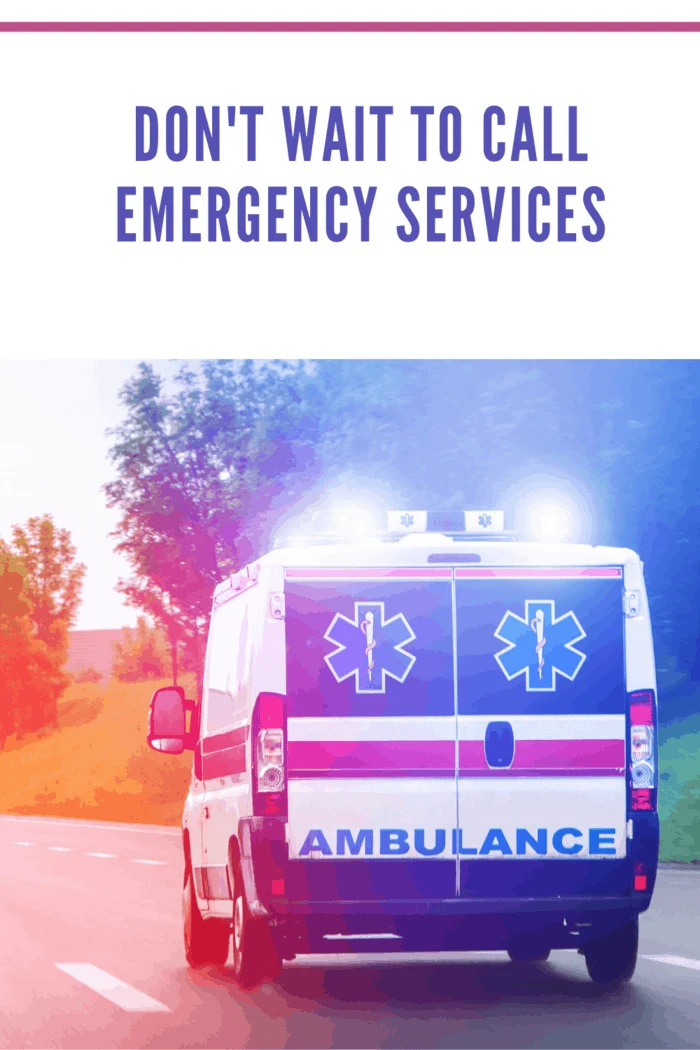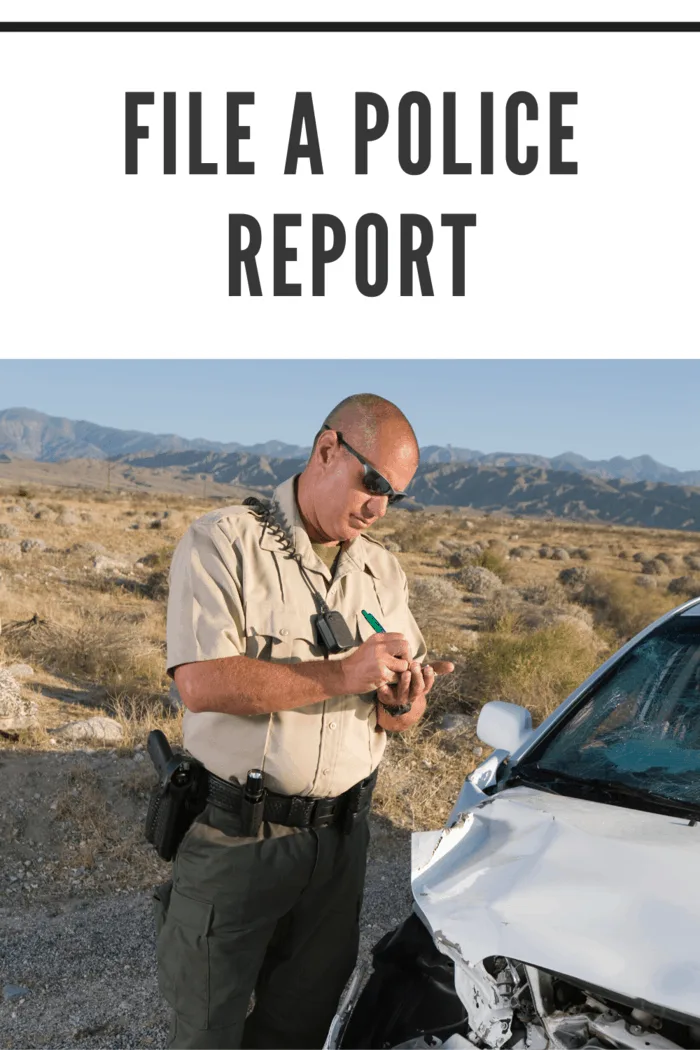Stay calm during a family road trip mishap! Actions to take in the event of an auto accident while on a family road trip.
It’s completely normal to be in a vehicle for at least a few minutes every single day.
Because we spend so much time behind the wheel and in the passenger seat, it’s easy to forget how dangerous driving really is.
It’s horrifying to think about, but over 3,000 people around the world die from car accidents every day.
An auto accident can happen anywhere, anytime. And more often than not, there are multiple passengers in the car.
Car accidents are bad enough when the driver is the only passenger, but what if you have your spouse and, even worse, your children in the car?
From taking steps to ensure everyone’s safety to saving yourself from unnecessary costs by handling the insurance process correctly, it’s imperative that you know how to handle a car accident.
That’s why we’ve compiled a list of 7 steps to take when you’ve been in an auto accident; keep reading to learn more.

7 Actions to Take in Case You Get into an Auto Accident While on a Family Road Trip
Don’t Wait to Call Emergency Services
The very first thing you should do in the event of a car accident is to assess the physical damage to yourself and your family.
Call emergency services immediately if someone in your car is seriously injured.
The sooner an ambulance can arrive at the scene, the more likely that everyone will be able to walk away from the accident without long-term damage.
But as long as you’re sure that no one requires immediate medical attention, you can shift focus to your vehicle.
If your vehicle is operable, pull over to the side of the road, ensuring that you’re out of the line of traffic, if possible.
Turn on your hazard lights to signal that you’re in distress and call the police.
Even if no one was injured in the accident, the police should be called to the scene.
Yes, you may get a ticket, but you will avoid any confusion regarding reporting the accident to your insurance company.
An official police report documenting the events of the crash can save you both a headache and paying for damages that you weren’t responsible for.

Exchange Insurance Information
While we strongly recommend calling the police if you’re in an accident, you need to exchange insurance information with the other driver or drivers regardless of whether the police are informed or not.
Your insurance companies will decide who pays for any damages – this is where a police report comes in handy.
You never want to think that someone would be dishonest or throw you under the bus in an effort to save themselves, but it happens all the time.
With a police report, there’s no question as to what happened with the accident or who is at fault.
File a Police Report
As mentioned earlier, in an ideal world, the police are notified of the accident as soon as it happens.
But if for some reason you were unable to do so, most states allow you to file a police report within 72 hours of an incident.
Now, laws do vary by state, so it’s a much safer bet to call right away if you’re unsure of your particular state’s regulations.
Furthermore, it’s actually illegal not to report an incident right away in some states – you could get a ticket if you fail to do so.
The various laws across the country can get complicated. For example, if you live in Ohio, you don’t have to call the police if no one was injured in the accident, regardless of the damage to your vehicle, but this is not the case in Oregon.
Even if you’re familiar with your own state’s laws, it’s likely that you’ll be in another during a family road trip, so it cannot be overstated how important it is to file a report with the police.
You could face some steep fines if you don’t.

Report the Accident to the DMV
Once again, this varies state by state, but reporting an accident to the DMV may be required depending on where you live in the country.
It’s a good idea to do some research to learn whether or not your local bureau or Department of motor vehicles will demand an incident report.
In some states, even if you don’t have to file a police report, you still have to notify the DMV of an accident if a certain amount of damage was done to the car.
There are serious ramifications, from fines to suspension of your license, even jail time, if your state requires this report and you don’t file one.
Don’t Discuss the Accident with the Other Driver
Should you get into a car accident, it’s natural to feel concerned about the other driver and their passengers as well as your own.
However, it’s vital that you do not discuss injuries or faults with the other party.
A car accident attorney would advise that anything can be used against you, even asking if the other person is okay.
Again, you never want to assume the worst in other people, particularly in a frightening situation like a car accident, but to protect yourself and your loved ones better, you must.
If you don’t want to be rude or insult the other person, simply make small talk instead of discussing the accident or any injuries.
Even if you think the accident was your fault, don’t give your opinion until the investigation is complete.
That being said, you should, of course, be truthful with the police and your insurance company.
Take Pictures of the Vehicles and Get Witnesses
You likely have a smartphone in your pocket at this very moment (over 3 billion people (statista) do!).
It’s extremely useful in a car accident; not only can you call emergency services with it, but you can also take pictures of both your vehicle and any others involved.
This is a crucial step, as it can help you prove that you weren’t at fault if this is the case.
When in doubt, take more pictures than you think you need.
Photos of the cars, their license plates, the street in which the accident happened, and any signage nearby are good to have.
If you have pictures, you won’t have to do any guesswork in regard to what the scene and any damage done to your vehicle looked like at the exact moment of the incident.
In addition to pictures, if you can gather any witnesses to provide information to police and insurance companies, it will help your case even more.
Even if the witnesses to the accident can’t stay, get their names and phone numbers for later use.
Do Your Best to Stay Calm
Last but not least, even if you and your family come out of the situation relatively unharmed, car accidents are emotionally taxing situations to be in.
In a family road trip, your partner and children are in the car, you’re terrified, you’re wondering how severe the damage to your car is, you’re going to be disoriented.
Keep this in mind and give yourself a break if you don’t do everything right.
The other driver probably made a mistake or two as well.
You’re already shaken, there’s no need to beat yourself up mentally on top of it.
This is easier said than done, especially if you were at fault in the accident, but do your best to stay calm.
Take deep breaths, remind yourself that the safety of you and your family is the most important thing.
Any damage to your car or mistakes made during the process can be mended.
Handle an Auto Accident Properly with These Steps
There’s no question that an auto accident is a terrifying situation to be in, but it’s important that you handle it in the correct way, even if you’re shaken from the event.
Missteps can lead to further injury of yourself and other drivers, along with additional costs that could have been avoided otherwise.
Remember, the first thing to do is to ensure that you and your family are safe.
Once you’ve established that no one requires immediate medical attention, you can move on to steps such as taking photos of your vehicle and exchanging information with the other driver.
In all of the confusion and worry about your family and your vehicle, it’s easy to forget about taking care of yourself.
Even if you were unharmed in the car accident, the mental toll can be extreme.
Don’t be afraid to lean on friends and family for support post-accident or seek professional help to get you through it if need be.
Looking for more tips on protecting yourself during family travels?
Check out our blog!
